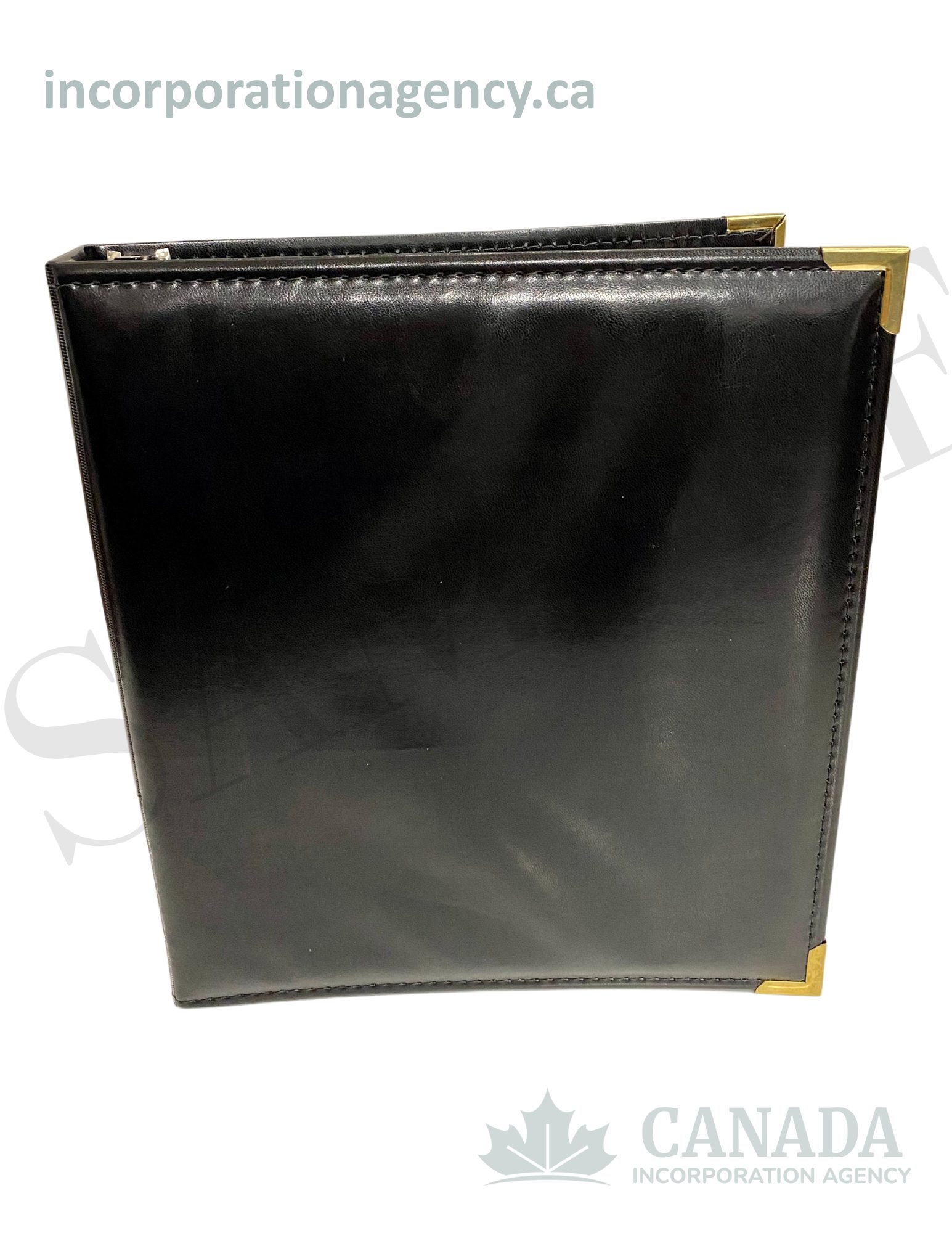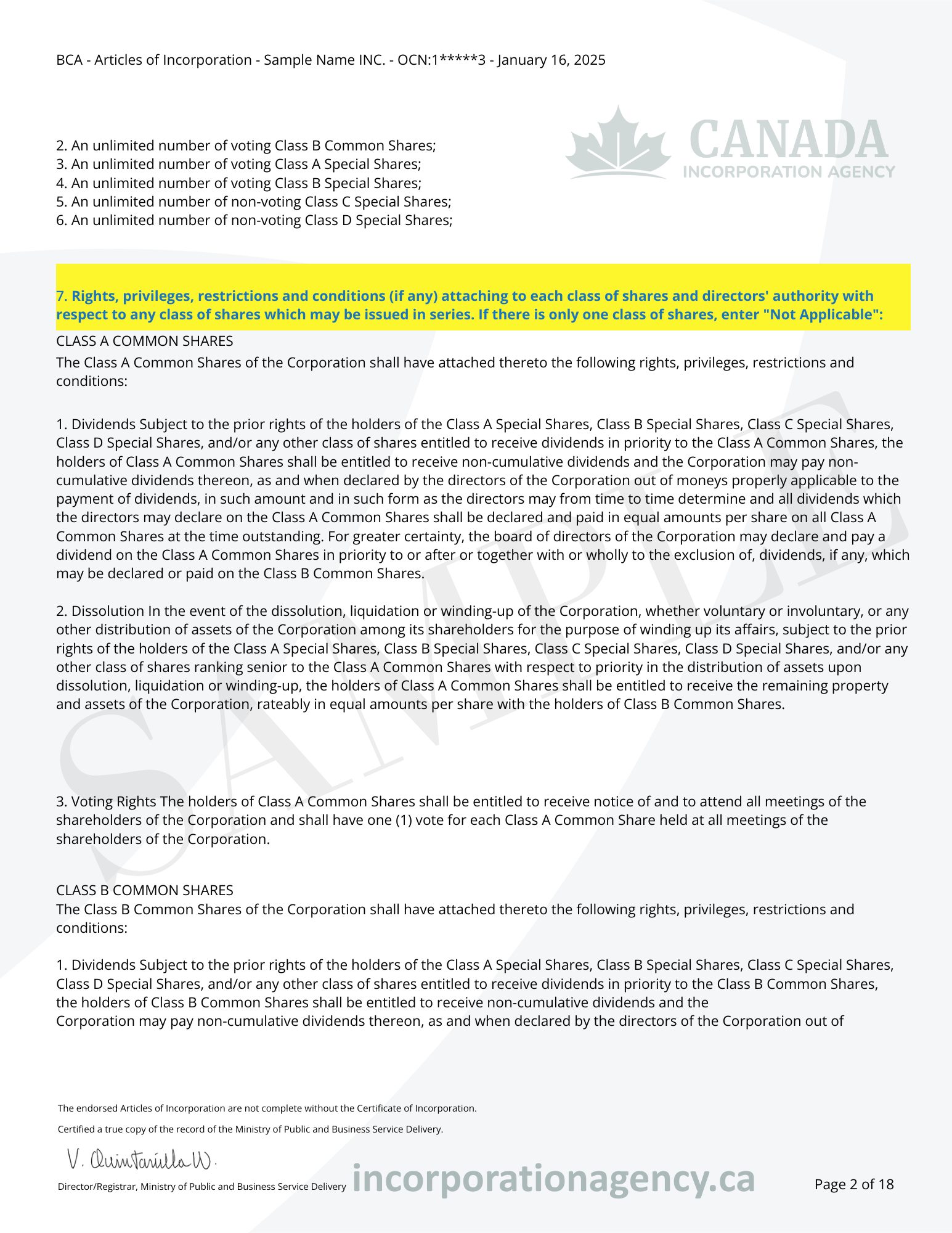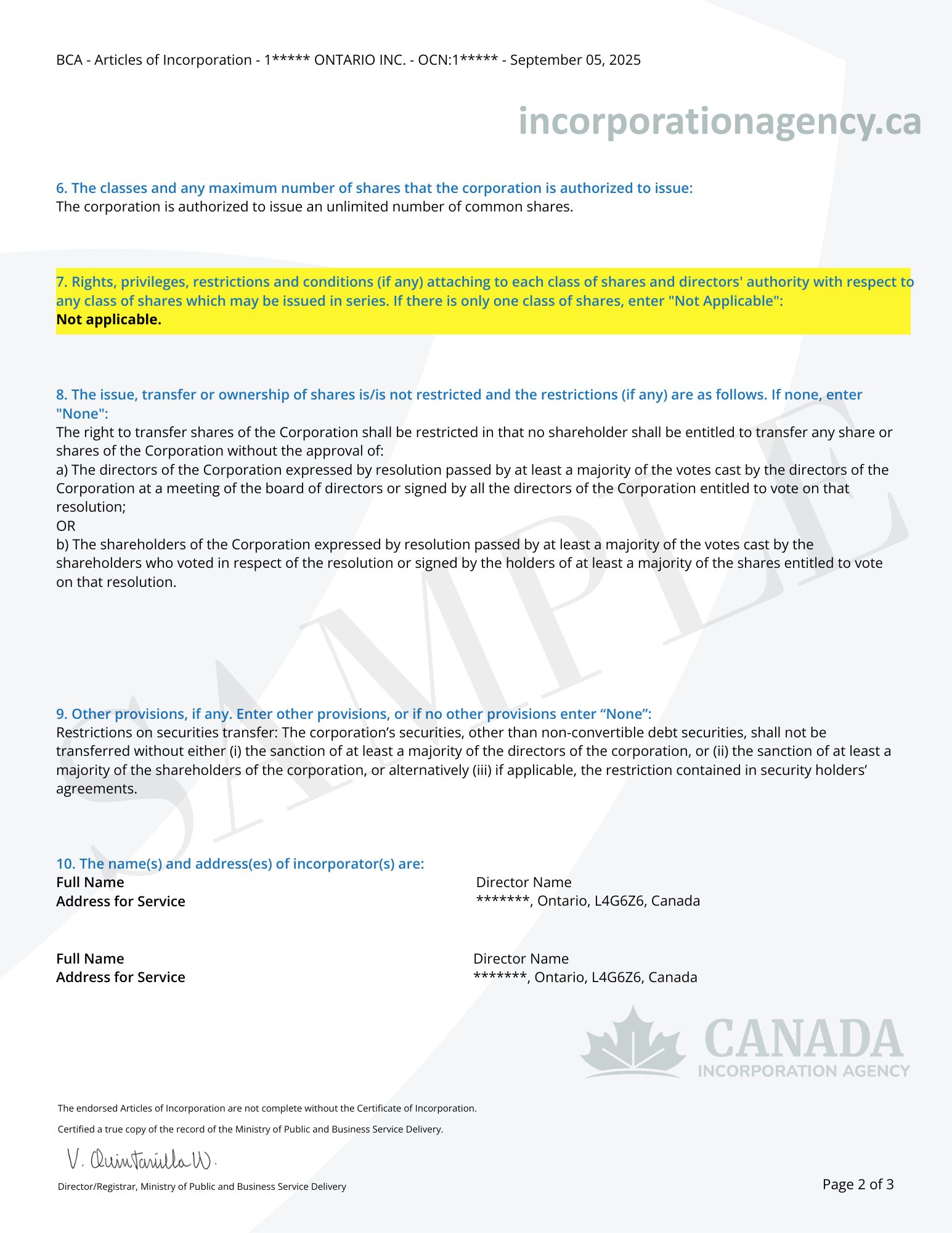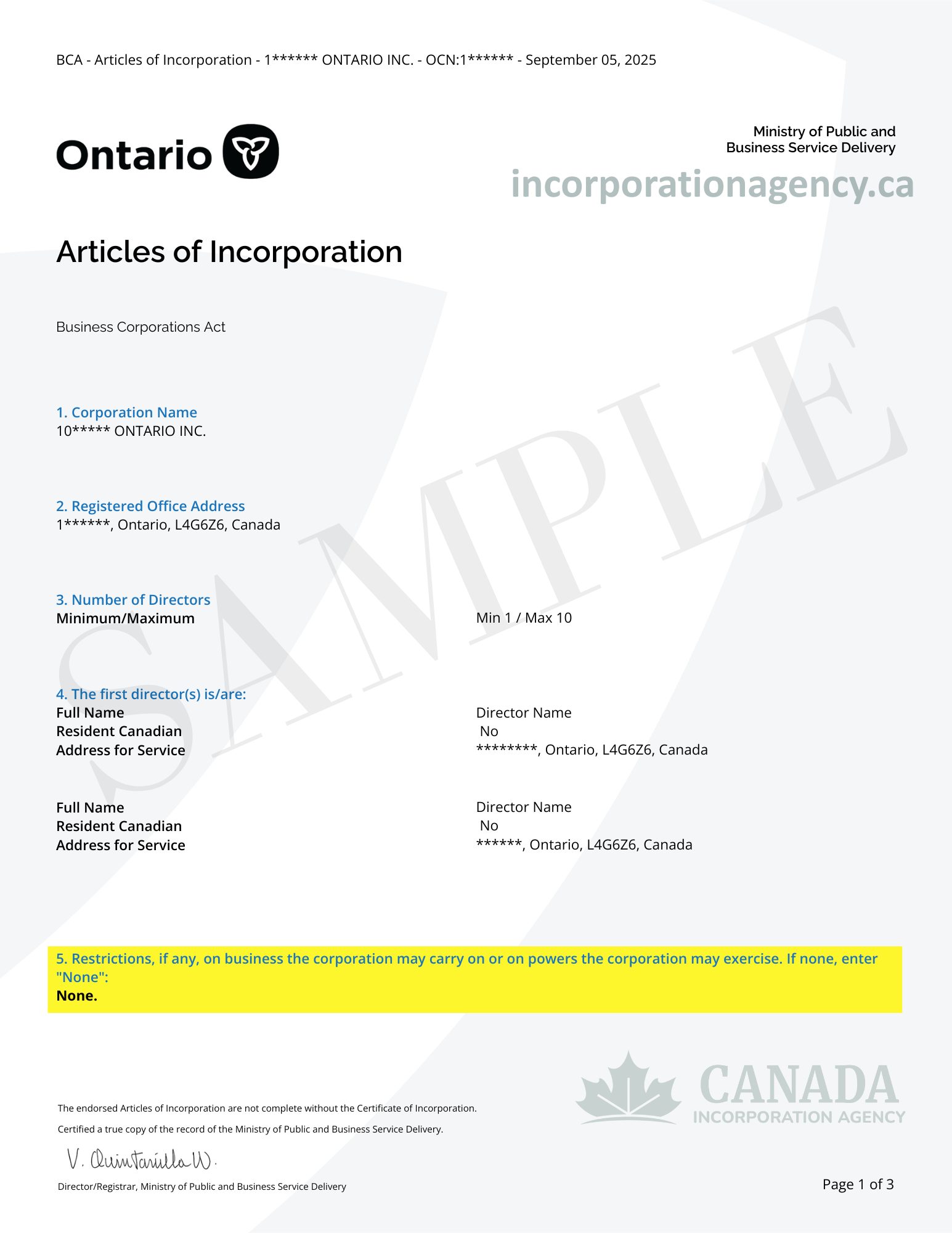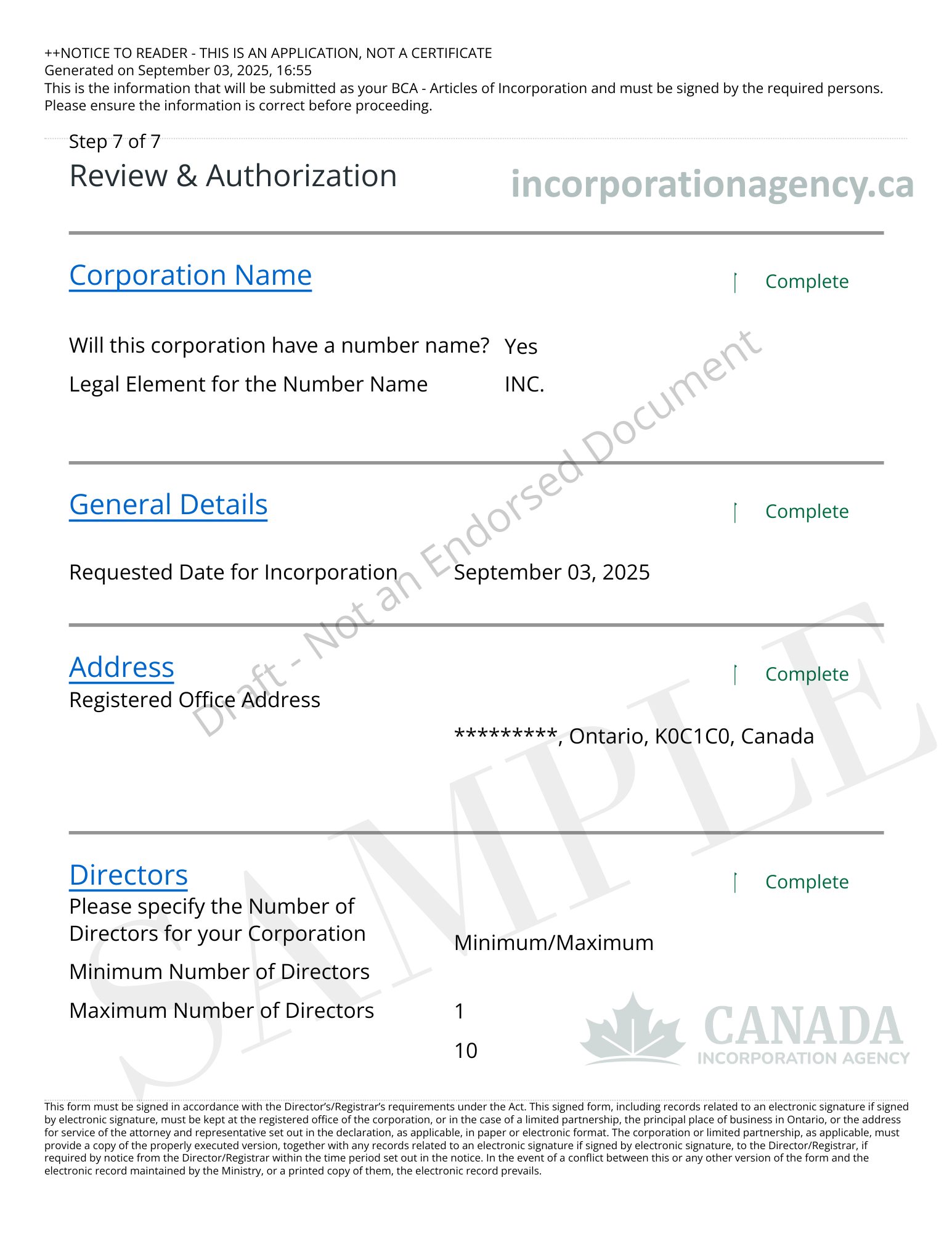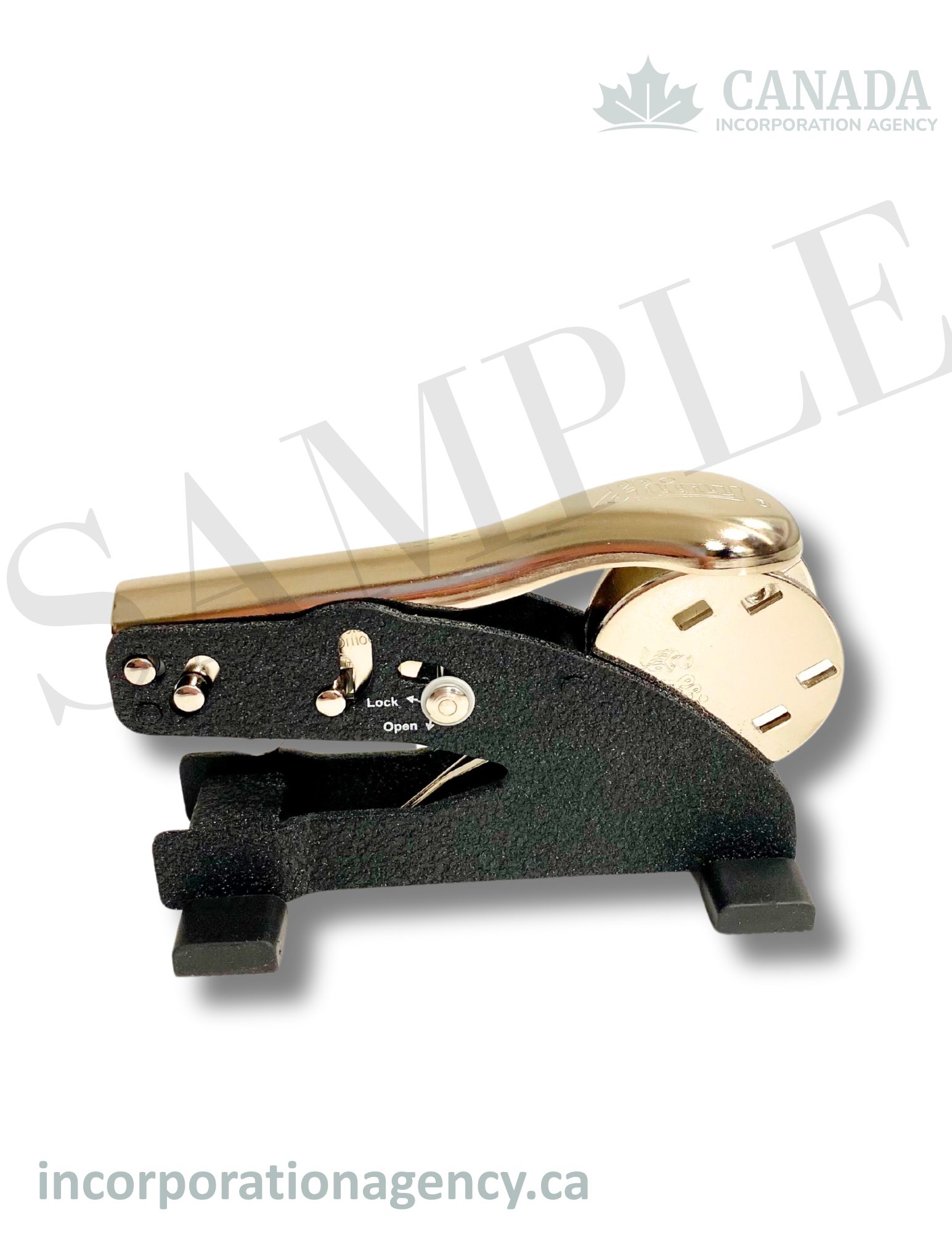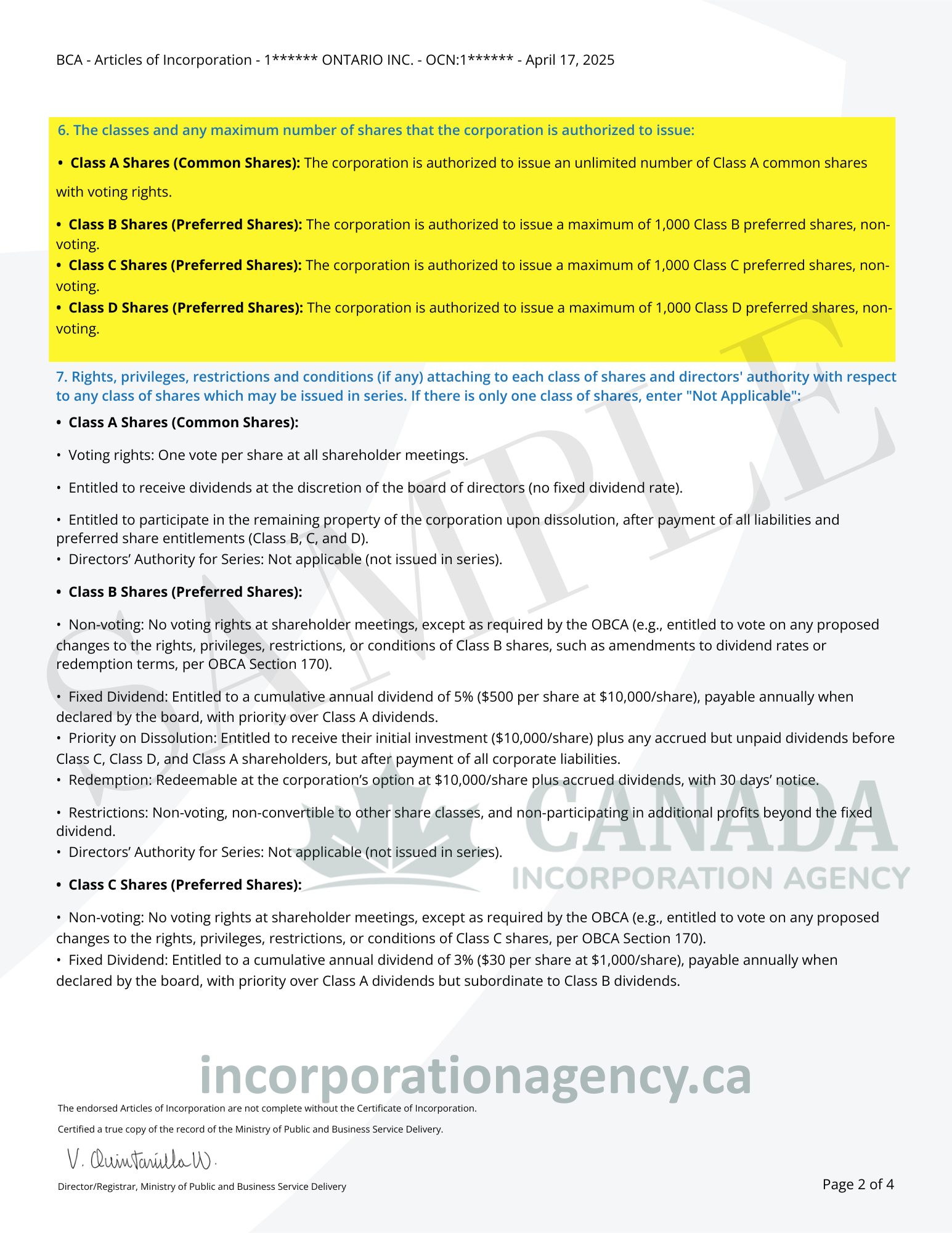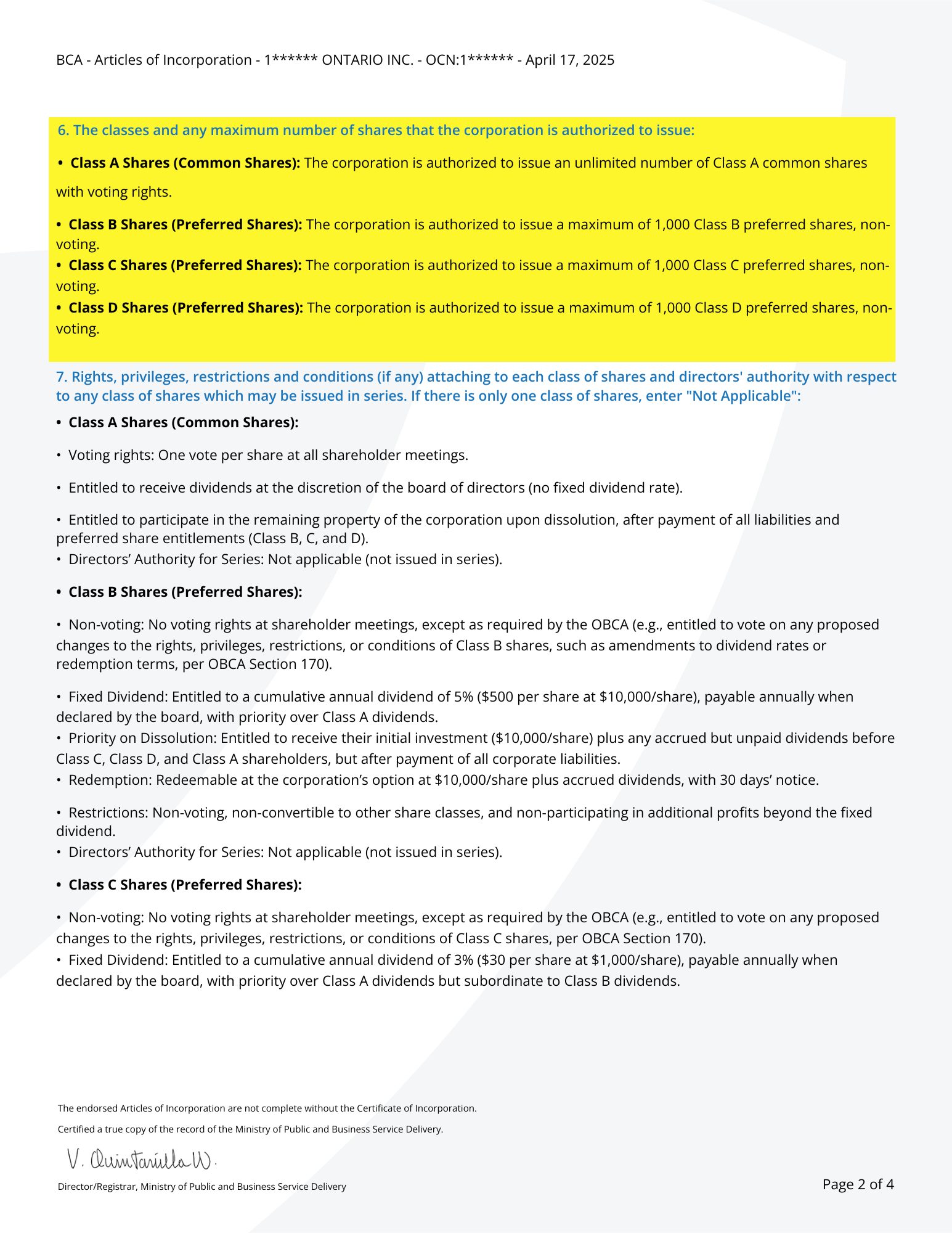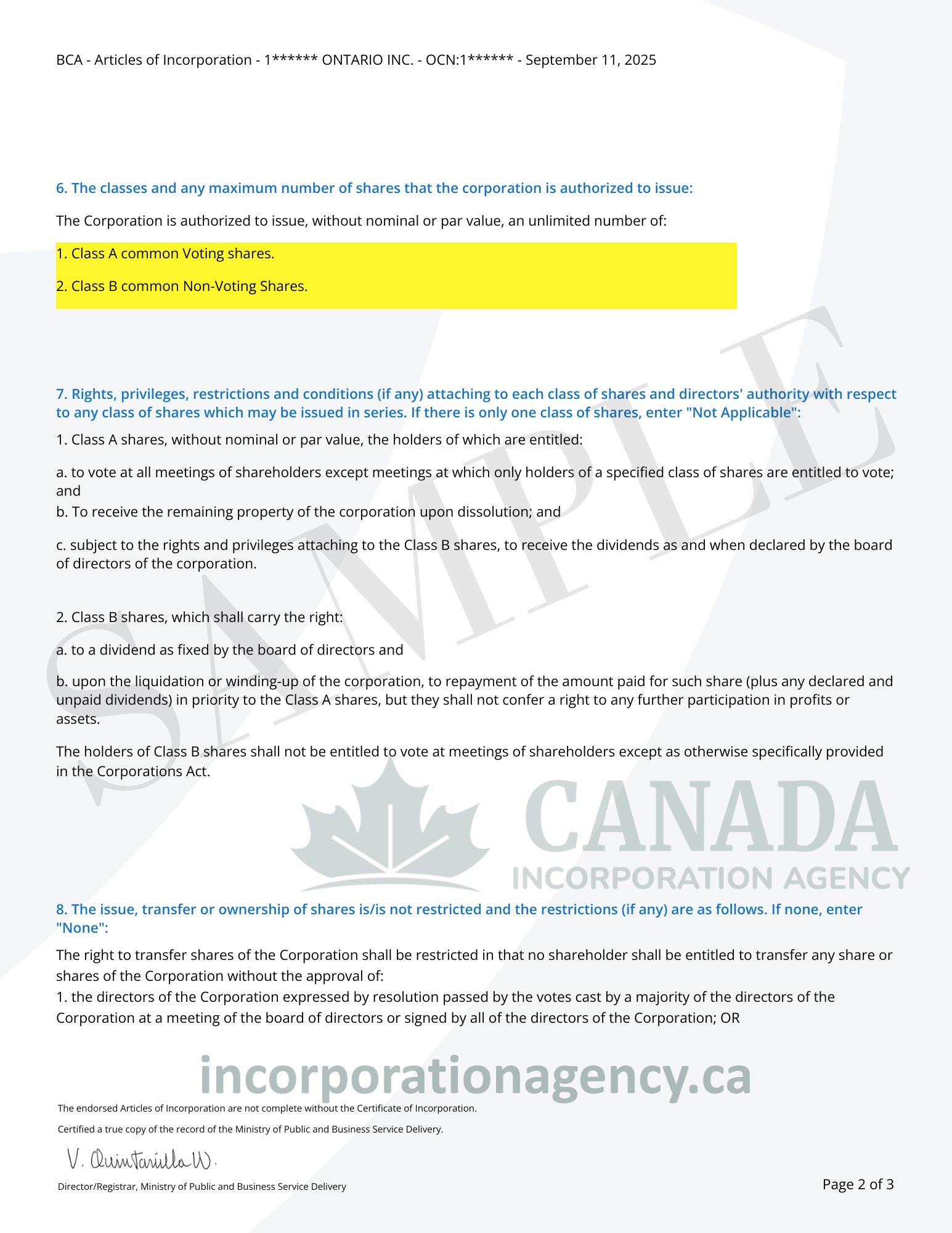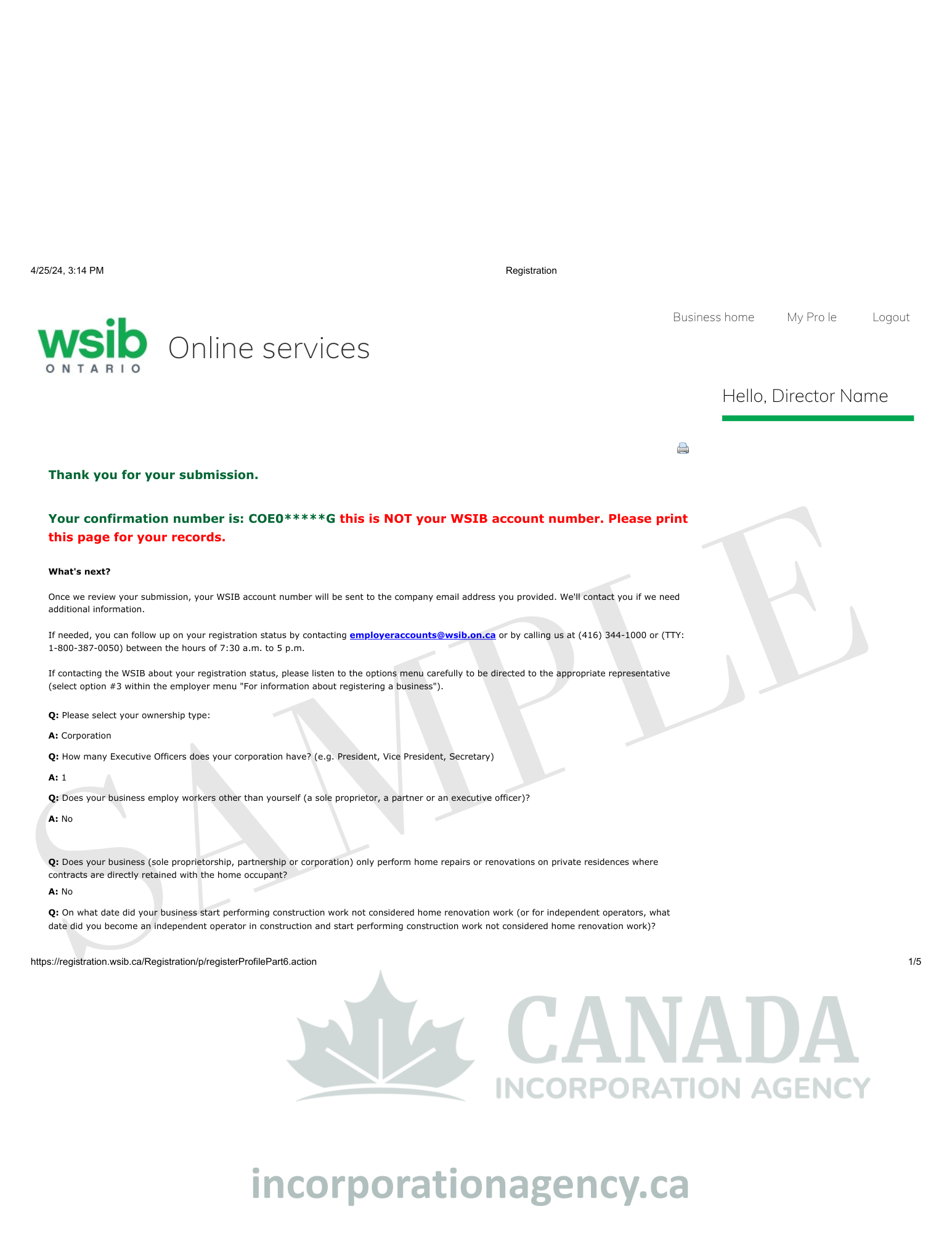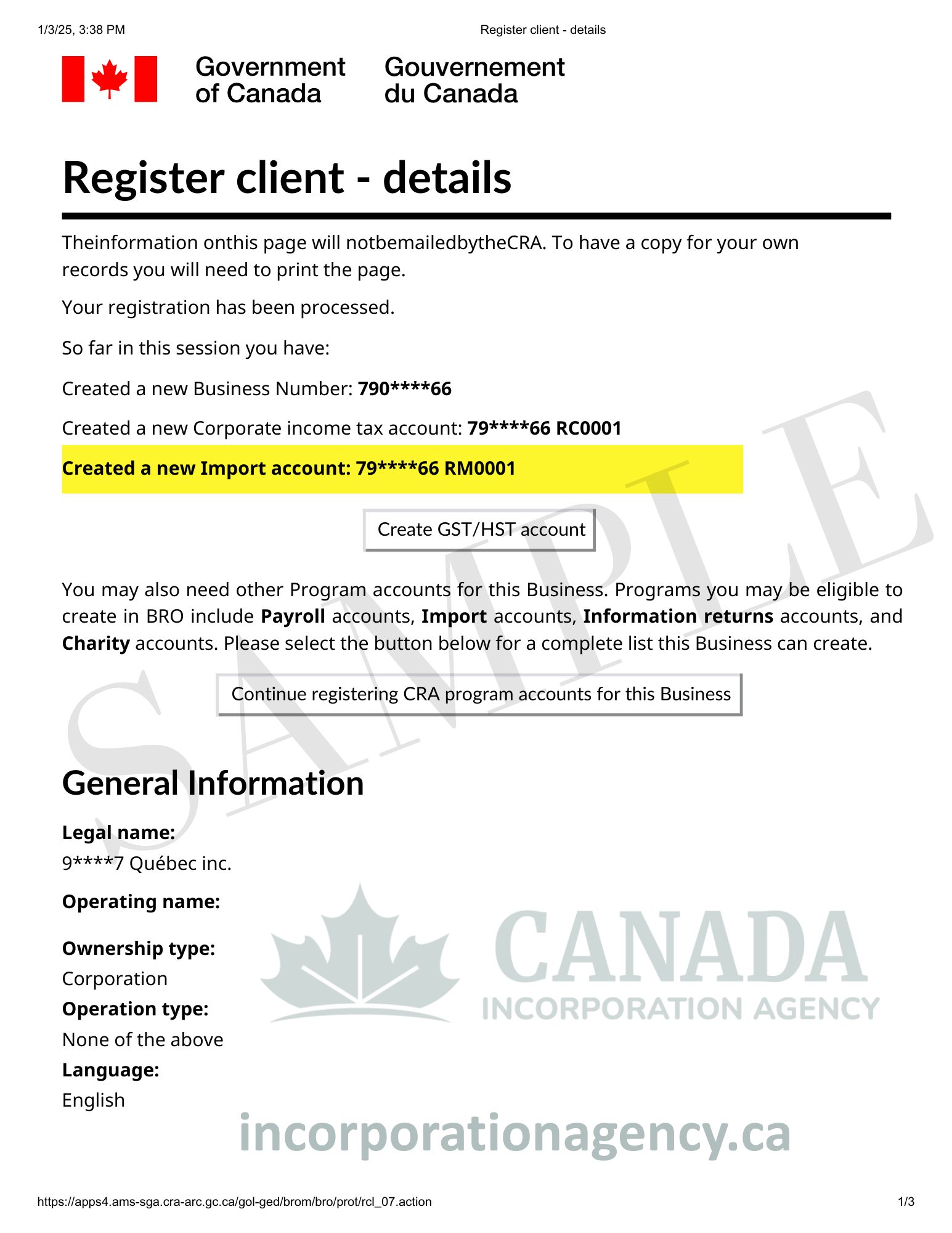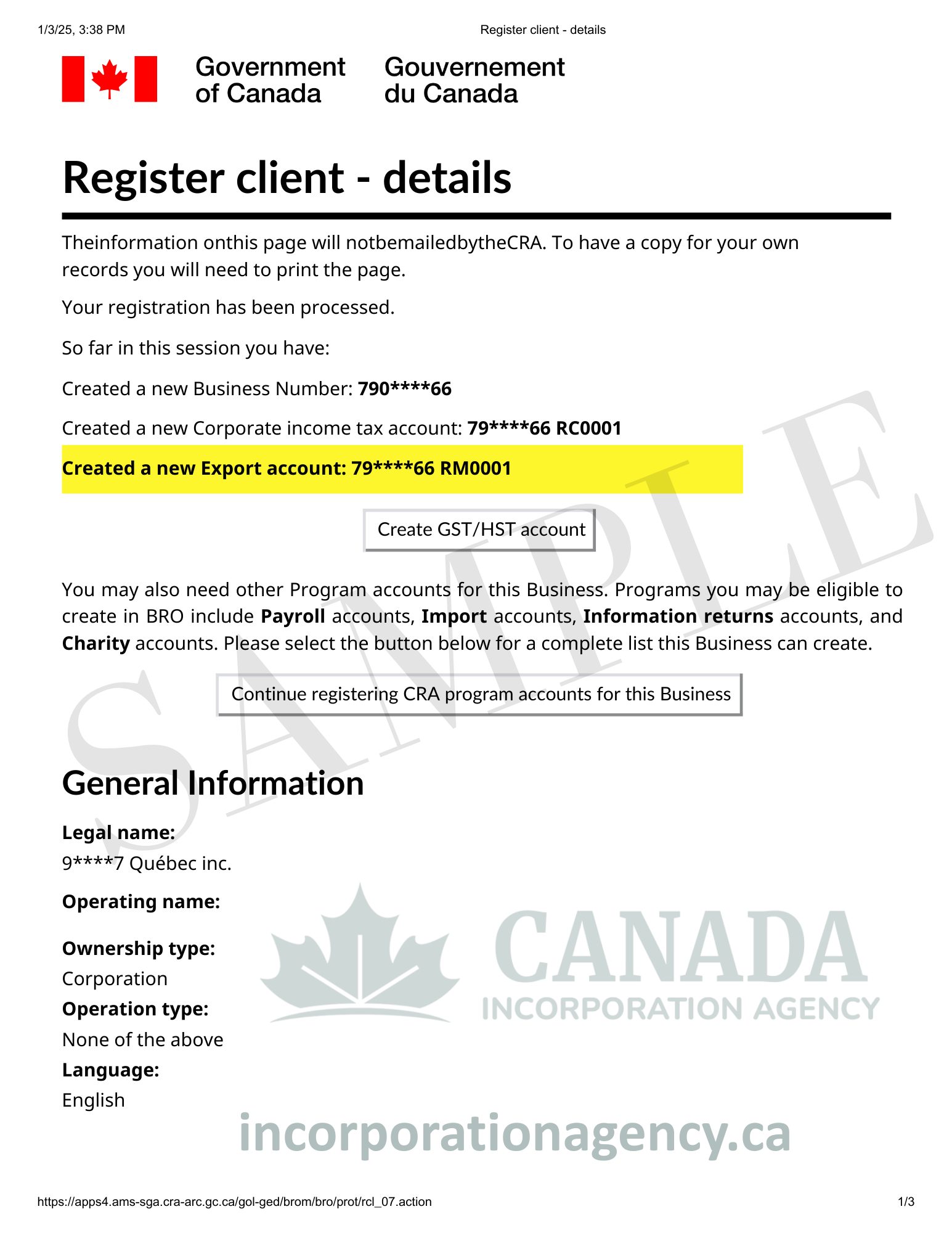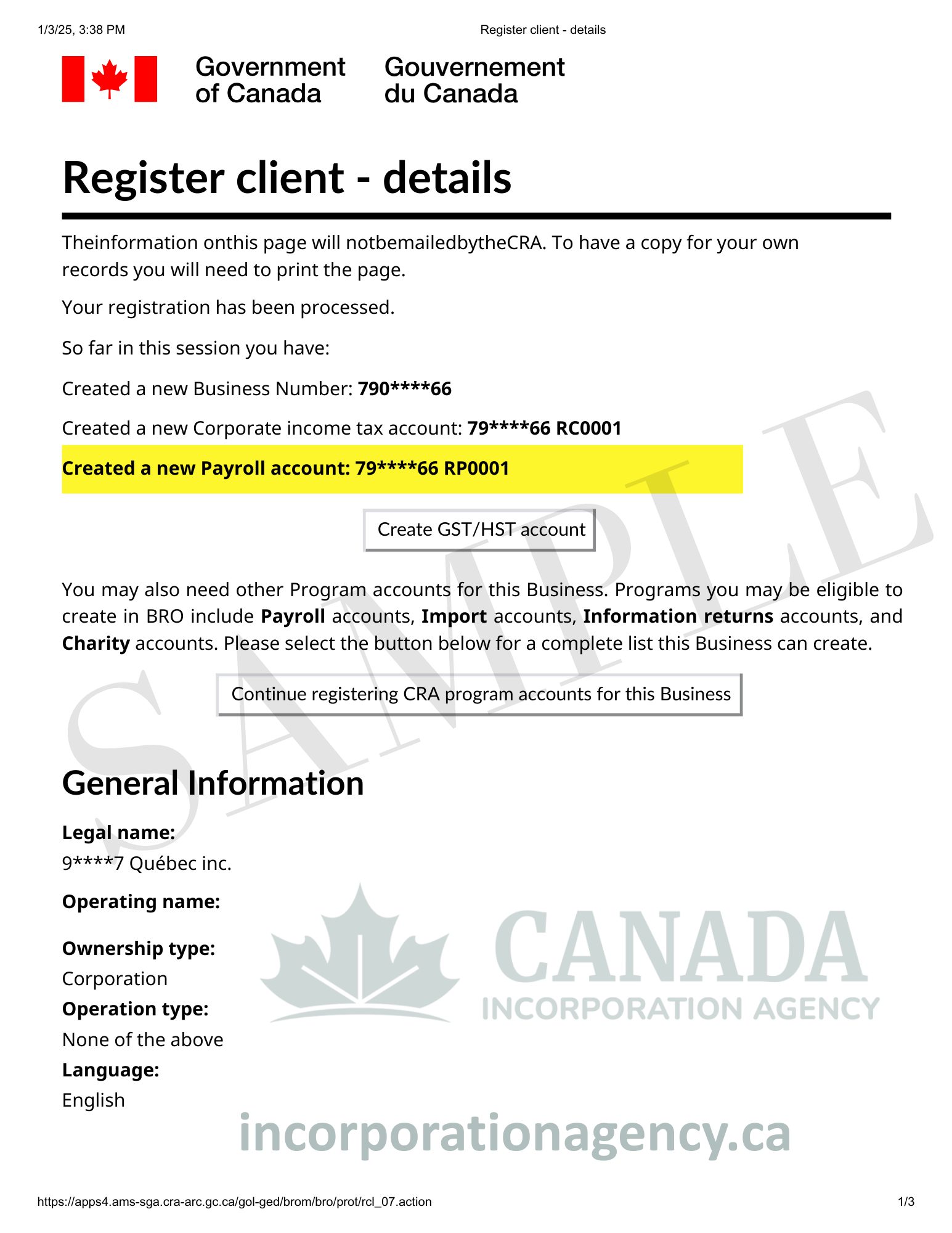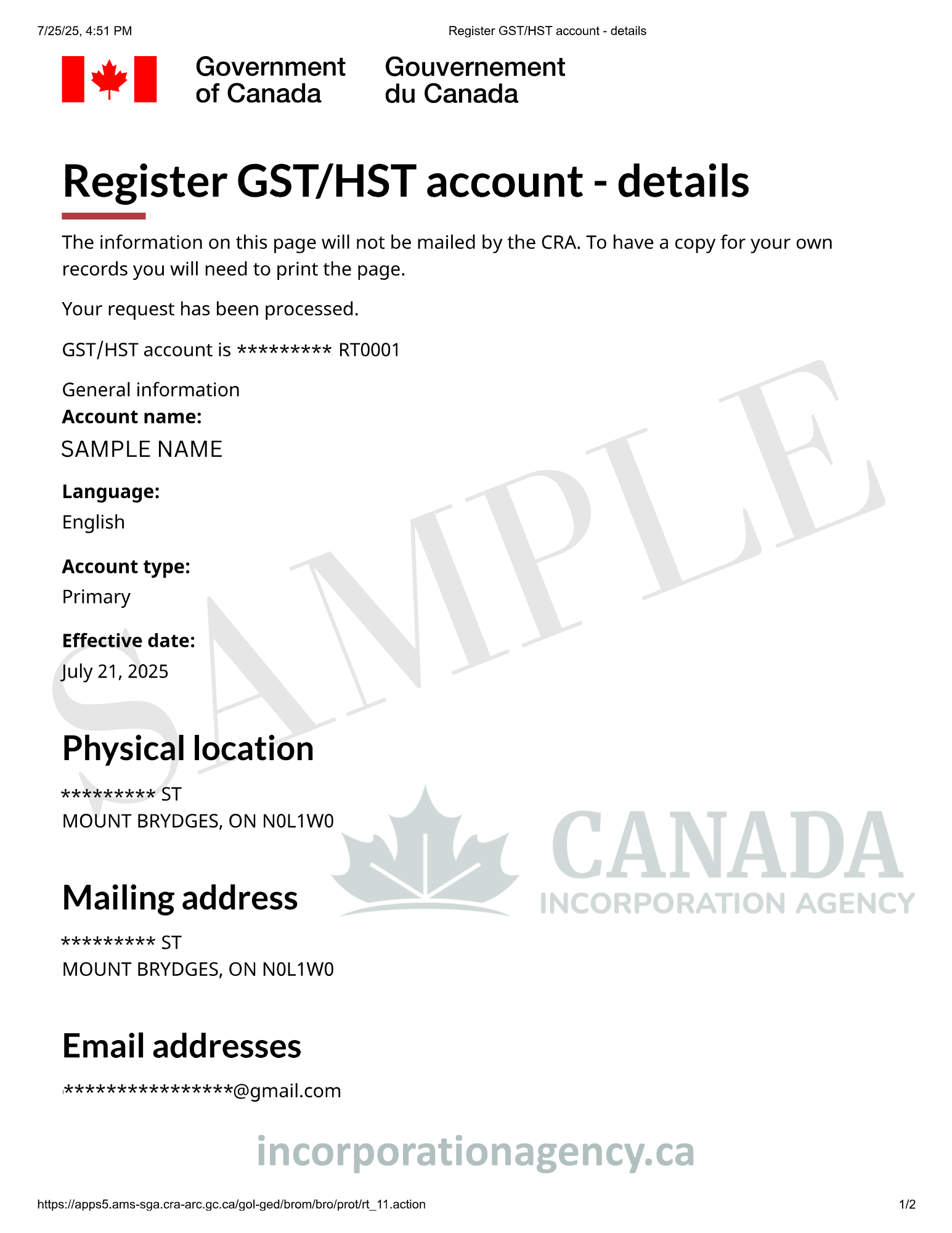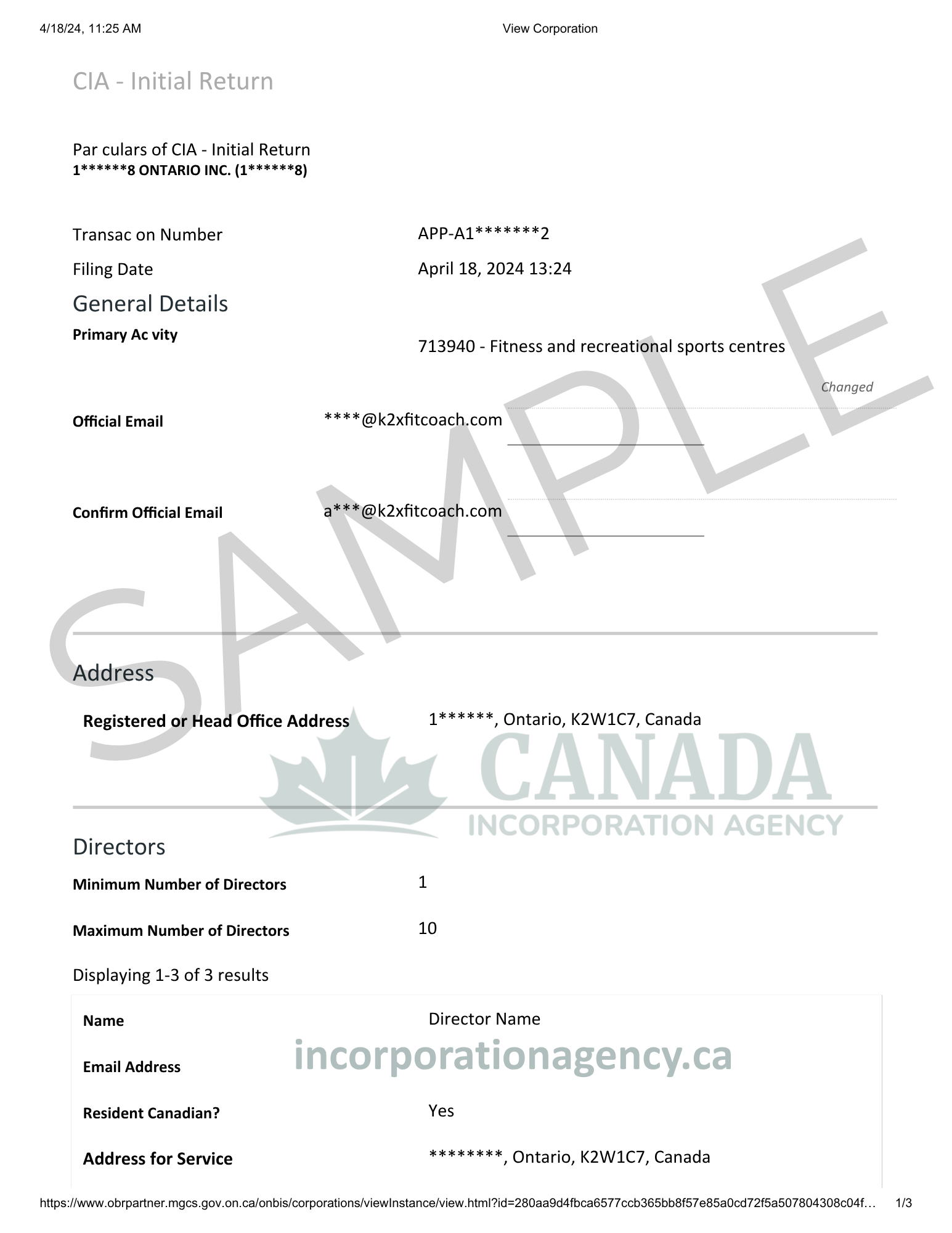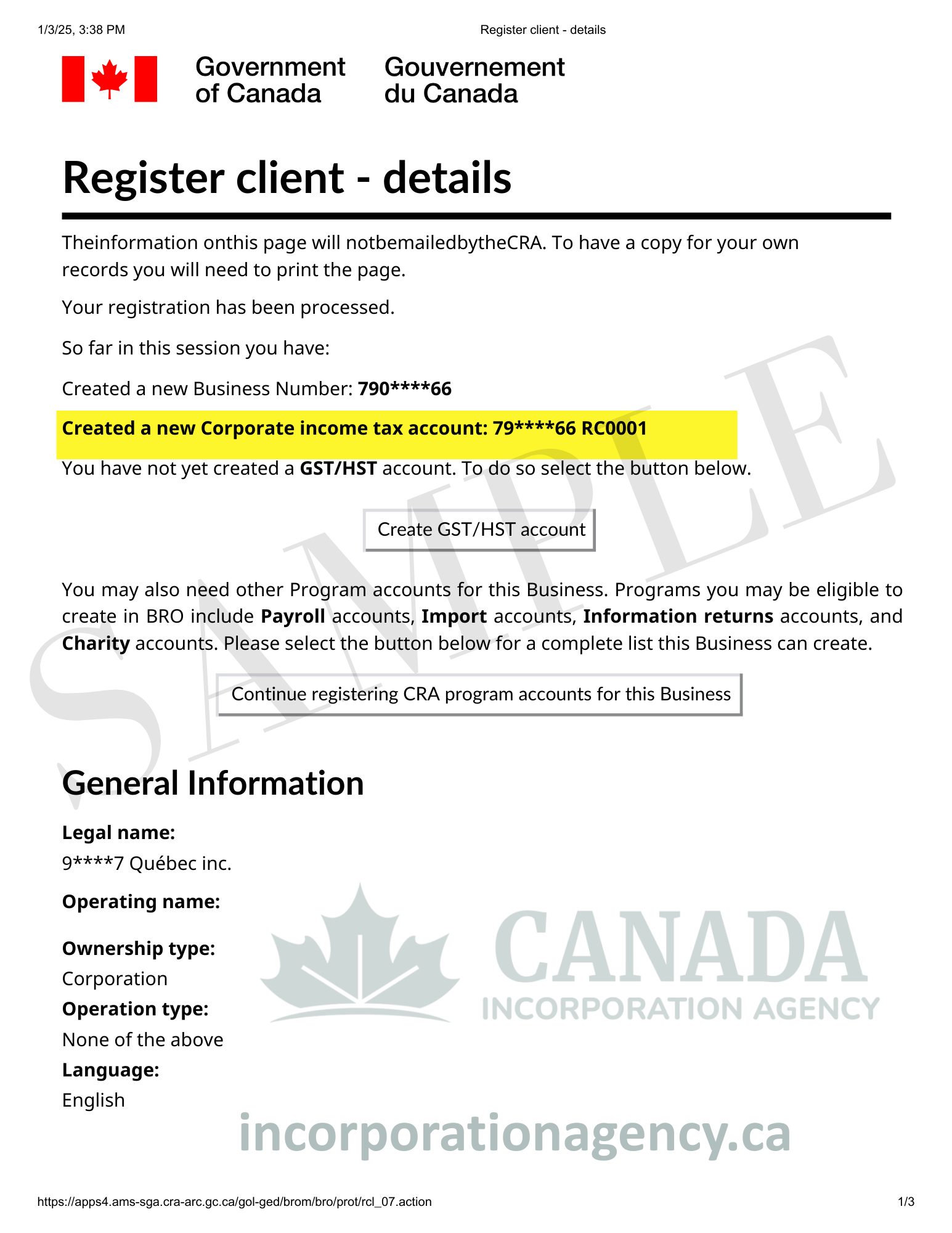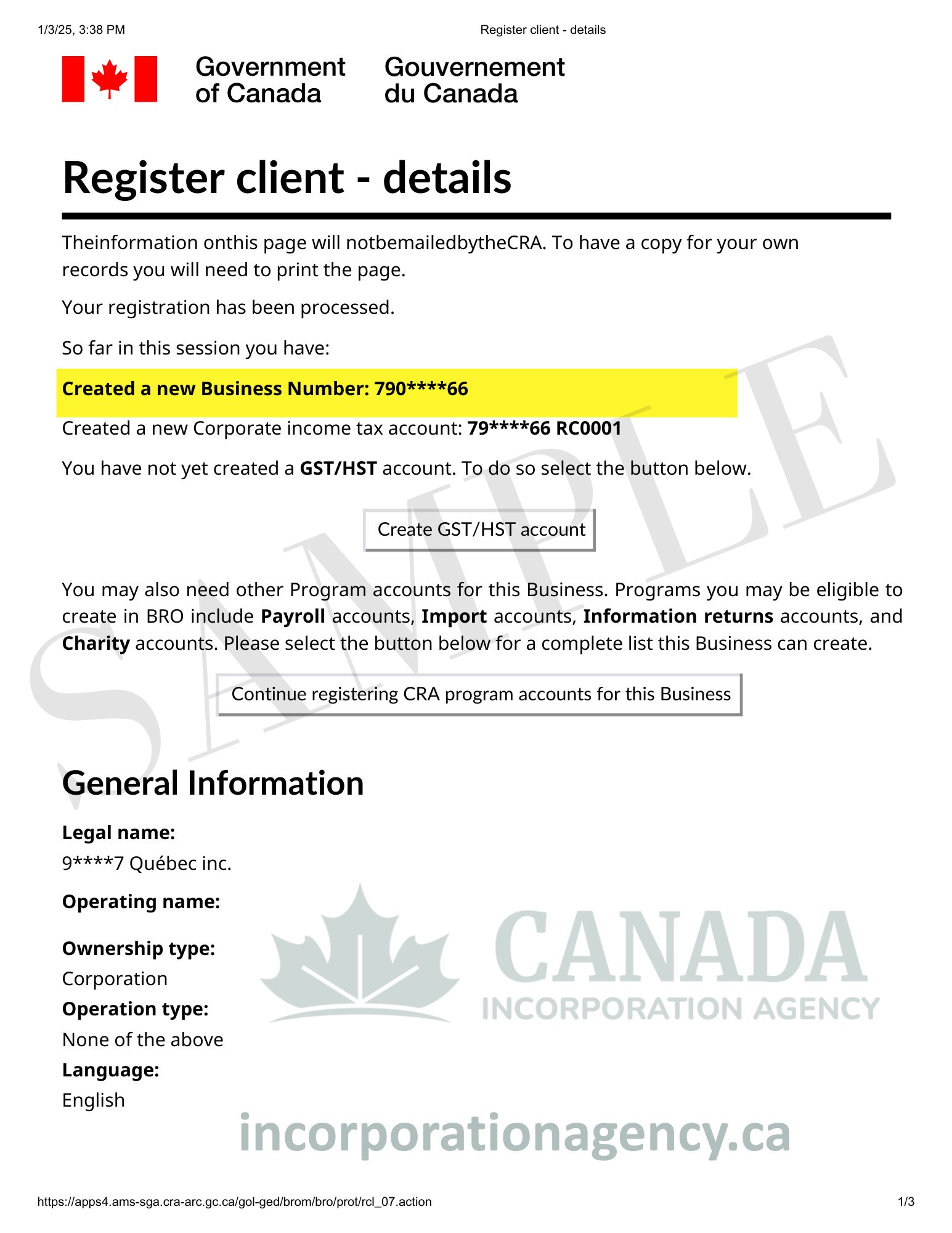Starting a business is an exciting adventure, and if you’re planning to share the journey with one or more partners, a general partnership in Nova Scotia can be a great choice. Partnerships are simple, affordable, and flexible — perfect for small businesses and startups.
In this blog, we’ll walk you through everything you need to know about Nova Scotia general partnership registration, from what it is, how to register, the costs involved, and even an example of registering a business step by step. Don’t worry, we’ll keep it simple and clear, so even if you’re just starting out, you’ll understand the process.
What is a General Partnership?
A general partnership is a business structure where two or more people agree to run a business together. Each partner shares in:
- The profits of the business
- The responsibilities of running the business
- The debts or liabilities of the business
This means that if your business makes money, both partners share the profits. But if your business owes money, both partners are responsible too.
It’s one of the easiest ways to start a business in Nova Scotia, especially if you’re not ready to incorporate or operate as a corporation.
Why Choose a General Partnership in Nova Scotia?
Here are some reasons why entrepreneurs choose this path:
- Low cost to set up – Registration fees are lower than incorporating.
- Simple structure – Less paperwork and fewer legal requirements.
- Flexibility – You and your partners can manage the business however you agree.
- Shared responsibility – You’re not alone in running the business.
Do you want to compare the Nova Scotia partnership to other business structures? Let’s see how is it different from the Nova Scotia corporation:
Nova Scotia General Partnership vs Nova Scotia Corporation
| Feature | General Partnership (Nova Scotia) | Corporation (Nova Scotia) |
|---|---|---|
| Legal Status | Not a separate legal entity – partners are personally responsible for debts | Separate legal entity – the corporation is responsible for its own debts |
| Liability | Unlimited liability – partners’ personal assets can be used to cover business debts | Limited liability – shareholders are only liable up to the amount they invested |
| Ownership | Two or more partners share ownership and responsibilities | Owned by shareholders, managed by directors and officers |
| Setup Cost | Low – about $200 to register, plus annual renewal | Higher – incorporation fees start around $500 (provincial) plus annual filings |
| Annual Requirements | Annual renewal with Registry of Joint Stock Companies (RJSC) | Annual returns, corporate records, and possible audits depending on size |
| Taxes | Income is reported on each partner’s personal tax return | Corporation pays corporate tax; shareholders pay tax on dividends |
| Funding Options | Limited – relies mostly on partners’ contributions or small loans | Easier to raise funds by selling shares or attracting investors |
| Management | Flexible – partners decide how to manage business | Structured – board of directors and officers must follow corporate law |
| Business Continuity | Ends if a partner leaves or dies unless agreement says otherwise | Continuous existence – unaffected by changes in shareholders or directors |
| Best For | Small businesses, freelancers, service providers, family businesses | Growing businesses, startups seeking investors, businesses needing liability protection |
Steps for Nova Scotia General Partnership Registration
Registering a partnership in Nova Scotia is straightforward, but you do need to follow the right steps.
Step 1: Select Your Partnership Name
Your partnership can operate under your names (like “Smith and Johnson”) or a cool business name (like “The Soap Squad”).
Pro tip: If you’re using a business name that’s different from your actual names, you’ll need to register it. Make sure your name isn’t already taken by checking Nuans Canada online name pre-search system.
Name Rules to Know:
- Cannot be similar to already registered business
- Not allowed to mislead or offense (no “Definitely Not a Front for Something Sketchy LLC”)
- Can’t use the incorporation legal elements in the name (no “Inc.” or “Ltd.”)
- Your name must include a distinctive element (what makes your business unique) and a descriptive element (what your business does).
For example: Harbourview Cleaning Services
- Distinctive: “Harbourview”
- Descriptive: “Cleaning Services”
Step 2: Conduct a Name Search
Before you get too attached to “Synergy Solutions Supreme,” verify if it is available. Nuans Canada Online Service allows you a search for business names that exist.
Cost: Approximately $30 for a search for a name. Worth it to avoid having to rebrand before you even start.
Step 3: Create a Partnership Agreement Nova Scotia
A partnership agreement Nova Scotia businesses use is basically your friendship contract. While Nova Scotia doesn’t legally require you to have a written agreement, NOT having one is like going on a road trip without a map – you might get there, but it’ll be way more stressful.
Your partnership agreement should cover:
- Who owns what percentage – Are you splitting things 50/50? 60/40?
- Who does what – Maybe Sarah handles marketing while Tom manages finances
- How profits get divided – This might be different from ownership percentages
- What happens if someone wants out – Always plan for the “what ifs”
- How decisions get made – Voting? Consensus? Rock-paper-scissors?
Think of this agreement as your business prenup. It might seem awkward to discuss now, but future you will be SO grateful.
Step 4: Register Your Partnership
Online Filing (the modern way):
- Go to Canada Incorporation Agency website
- Create an account (if you don’t have one)
- Complete the online registration form
- Pay the fee with a credit card
- Boom, you’re done! Our filing agent will contact you to confirm all the provided information and will register your Nova Scotia partnership within the chosen queue.
Step 5: Fill Out the Registration Form
The registration form asks for pretty basic info:
- Partnership name (if you’re using one)
- Business address (not a P.O. box—they want a real location)
- Nature of business (what you actually do)
- Partners’ names and addresses
- Date the partnership started
- If it’s a limited duration partnership, when it ends
Nothing too scary. Just be accurate because corrections are annoying.
Step 6: Get Your Business Licenses
According to what you’re doing and where, you may need extra licences:
- Municipal business license – Most cities need this
- Professional licences – If you are in a licensed profession
- Industry-Related permits – Restaurants, buildings, etc.
Step 7: Get a Business Number (BN) from the CRA
Head to the Canada Revenue Agency and register for a Business Number. You’ll need this for:
- GST/HST account (if your revenue is over $30,000)
- Payroll accounts (if you’re hiring employees)
- Import/export accounts (if applicable)
This can be done online through the Canada Incorporation Agency service.
Step 8: Open a Business Bank Account
Keep your business finances separate from your personal stuff. Future You (and your accountant) will thank you.
Most banks will want:
- Your partnership registration
- Your partnership agreement
- ID for all partners
- Your Business Number
Step 9: Renew Your Registration Annually
Your partnership registration isn’t permanent. You must renew it every year by paying a renewal fee. If you don’t renew, your registration may be cancelled.
Example of Registering a General Partnership in Nova Scotia
Let’s say Sarah and David want to open a small coffee shop in Halifax. Here’s how they would do it:
- Choose a name: They decide on “Blue Wave Coffee.”
- Check availability: They search the RJSC database to confirm the name is available.
- Reserve the name: They reserve “Blue Wave Coffee” online.
- Fill out the registration form: They provide their business details and list both Sarah and David as partners.
- Pay the fee: They pay the registration fee.
- Start their business: With their partnership registered, they can now open their café, apply for permits, and start serving customers.
This is exactly how simple it can be to set up a general partnership Nova Scotia business.
Tips for a Successful General Partnership
- Write a partnership agreement – Even though Nova Scotia doesn’t require one, it’s smart to have a written agreement about how you’ll share profits, handle disputes, and exit the business if needed.
- Keep good records – Track all income, expenses, and contributions from each partner.
- Communicate openly – Regularly discuss finances, goals, and challenges with your partners.
Frequently Asked Questions (FAQ)
1. Do I need a lawyer to register a general partnership in Nova Scotia?
No, you can register on your own through the Canada Incorporation Agency. Our experienced filing agents can help you draft a partnership agreement to avoid disputes later.
2. How much does it cost to register a general partnership?
The registration fee is about $200, plus the same amount for yearly renewal.
3. Can I register a partnership online?
Yes, you can complete the Nova Scotia general partnership registration online through the Canada Incorporation Agency website.
4. Do I need a business license after registering?
Registration only creates your business legally. Depending on your type of business, you may also need municipal licenses or permits (e.g., for a restaurant or retail store).
5. What happens if I don’t renew my registration?
Your business registration may be cancelled, which could cause legal and financial problems if you’re still operating.
6. Can a partnership later become a corporation?
Yes, many partnerships eventually incorporate once the business grows. You can transfer your existing business into a corporation later if you want more liability protection.
Final Thoughts
Registering a general partnership in Nova Scotia is one of the easiest ways to start a business in Nova Scotia. The process is quick, affordable, and designed for small businesses or startups that don’t need the complexity of incorporation. If you feel overwhelmed after reading this article, we advise you to use the professional help of Canada Incorporation Agency. Give us a call at 647-945-8893 and we will guide on how to set up a general partnership in Nova Scotia.







